
Teprotumumab is the first fully human IgG1 monoclonal antibody approved by the FDA for the treatment of thyroid eye disease at its source not just reducing the symptoms.

Teprotumumab is the first fully human IgG1 monoclonal antibody approved by the FDA for the treatment of thyroid eye disease at its source not just reducing the symptoms.

Automation can lessen the administrative burden on providers and accelerate specialty prescribing and dispensing to provide patients with quality care the moment they need it.
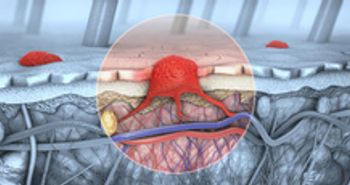
Study data showed that more than three-quarters of patients with dermatomyositis who received intravenous immune globulin therapy experienced improved symptoms.

Intravenous immunoglobulin was more effective than placebo, but not more effective than plasmapheresis and corticosteroids.
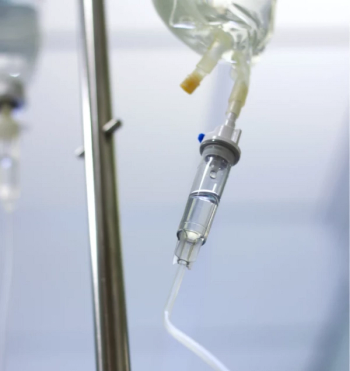
Study results show that intravenous immunoglobulin therapy can help combat this type of PRCA in individuals with anemia.

A new cell isolation kit was approved by the FDA to decrease the amount of time needed in a lab and lower overall costs for testing tuberculosis.
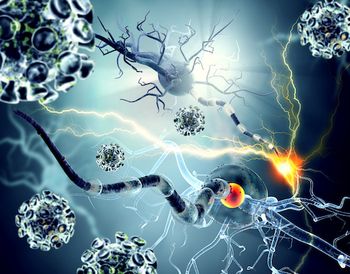
Although there is no “best” way to determine which route of administration is best, health care providers are optimally positioned to educate patients and help them make the best decision.
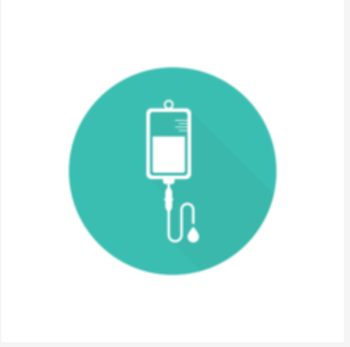
Asceniv is a plasma-derived polyclonal IVIG drug product designed to prevent serious bacterial infections in patients with primary humoral immunodeficiency disease.
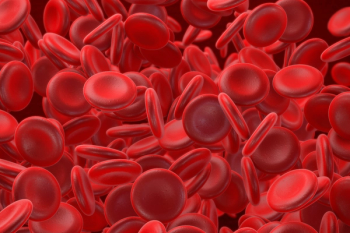
Complete recovery of platelet counts after obinutuzumab-based therapy was found to be associated with, or accelerated by, intravenous immunoglobulin.

Though there is no well-defined therapeutic approach to the treatment of Arndt-Gottron syndrome, intravenous immunoglobulins have been documented as a well-tolerated treatment in some cases.

There are several key areas of risk that infusion practices are likely to face at some point, and proactively preparing for these events can help ensure a positive outcome.

The ability of an anti-interleukin-23 antibody to bind to key immune system components may help neutralize a key driver of inflammation right at its cellular source.
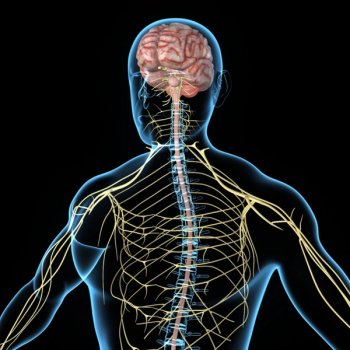
Researchers recommend having a low clinical threshold for the diagnosis of Hashimoto’s encephalopathy in patients who reveal no apparent cause for their altered mental status, given the heterogenous nature of the condition’s presentation.

Patients with past medical histories of immunoglobulin E-mediated hypersensitivity reactions to metronidazole and other antimicrobial agents may receive safe and effective treatment using desensitization protocols.
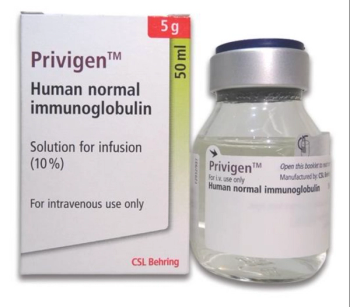
Privigen is indicated for the treatment of primary humoral immunodeficiency, chronic immune thrombocytopenic purpura in patients 15 years of age and older, chronic inflammatory demyelinating polyneuropathy in adults.
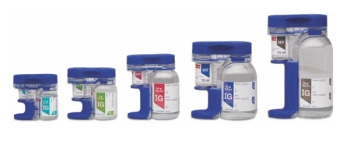
Hyqvia is an immune globulin with a recombinant human hyaluronidase indicated for the treatment of primary immunodeficiency in adults.

A recent case report detailing multiple procedures and inconclusive biopsies underwent by a patient with unusual presentation of immunoglobulin G4-related disease before conclusive diagnosis emphasizes the importance of follow-up with patients with suspicion of systemic disease.
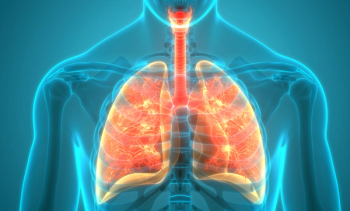
Subcutaneous immunotherapy-induced antibodies may serve as a potential allergen-targeted biologics candidate for the treatment of allergic asthma.

Glycosite-specific antibody‒drug conjugates (gsADCs), harnessing Asn297 N-glycan of IgG Fc as the conjugation site for drug payloads, usually require multi-step glycoengineering with 2 or more enzymes, which limits the substrate diversification and complicates the preparation process.

Current development efforts in IVIG are focused on new routes of administration for immunoglobulin that can overcome the limitations of intramuscular administration.

Dosing recommendations for patients requiring ECMO support are unlikely to be supported by high-quality evidence, but are usually extrapolated from the physicochemical characteristics of individual drugs in conjunction with data from pharmacokinetic studies and case reports.

Investigators establish 2 predictive models, which had excellent performance, and included 90 children.

Immunocompromised patients are particularly at risk of developing persistent and severe anemia caused by parvovirus infections.

Intravenous immunoglobulin shows promise as a treatment option for pregnant patients with SARS-CoV-2, influenza, and other respiratory viruses.
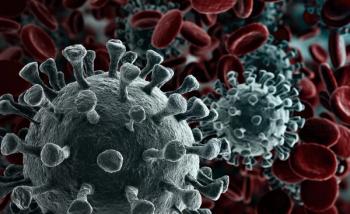
This combination improves patient outcomes of vaccine-induced thrombotic thrombocytopenia after a COVID-19 vaccination, according to the results of a case analysis.